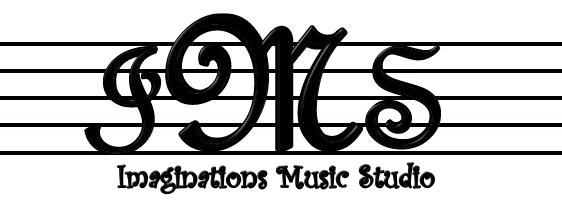1. Giving the child a set amount of practice time for each day, but not supervising the practice.
When I graduated college I taught private lessons for a while in the prep department where I graduated. I once had a young student who simply was not progressing like she should from week to week. The parents were concerned about her lack of progress. They told me how she practiced every day all on her own. As it turned out, the child was spending all of her time at the piano banging around and playing music from previous recitals. She was spending adequate time at the piano, but not really "practicing". She was not practicing her new music at all nor was she completing her written theory assignments. While do not want to extinguish the child's exploration at the keyboard or repetition of old music, we do need to encourage the child to accurately practice new assignments before composing their own pieces and working on old songs. New concepts can also be incorporated in the child's exploration in order to reinforce the new theory lessons learned each week.
2. Simply "running through" the pieces assigned without giving adequate time to the music.Another common mistake is to simply run through all of the assigned pieces like running through a checklist. Sometimes the student plays through the assignments too fast, and does not play accurate rhythms or notes. Other times, there may be a more difficult passage within the music that needs more attention. When a mistake is made, the student needs to go back to the point of mistake, study the music and isolate that section slowly until it improves. It is worthless to mindlessly practice music without trying to make improvement each time. Work to set goals each time you practice. Ask your child to set these goals in practice. Ask, "What can you improve about your performance of this piece?" "What do you think you could do better next time?" Seek a more specific answer than "I want to get more notes, or I want to play it faster." Specifically ask about their use of expression, their rhythm, or their memory work. Let the child learn to critique himself.
3. Practicing the same WAY each time.
Get creative in practice. Don't just sit and have your child play the same thing over and over in the same way. Count it out loud. Say the letter names of the notes. Search for hidden patterns in the music. Sing the words. Listen to the recording. Have you child teach the song to YOU, or to a sibling. Make it a game. Interact with your child during the practice but keep it light and fun. Instead of always generically praising your child for a job well done, point out specific things that you noticed during practice. Or better yet, ask your child to point them out. Asking them how THEY felt about the way they played a piece can help build confidence from within that is not based on outside praise.
4. Pushing the child too hard to practice a certain length of time, progress to the next "level" or learn a new piece.
It is much better to have a few short practice sessions than to try to push your child for a longer period of practice. If the child feels pressured or overly critiqued, they will not enjoy practice time. Let them progress at their own pace. Reward them for their time, praise them and make it a game.
One of my favorite Maria Montessori quotes is "teach teaching, not correcting." We do have to correct mistakes from time to time, but let's try not to ALWAYS be correcting. We want to set the child up for success by progressing at the child's pace and presenting each lesson in a way to prepare them ahead of time for the more difficult concepts.
Keep practice fun and always try to end the session on a positive note. You want to leave your child looking forward to the next practice session and lesson.


No comments:
Post a Comment